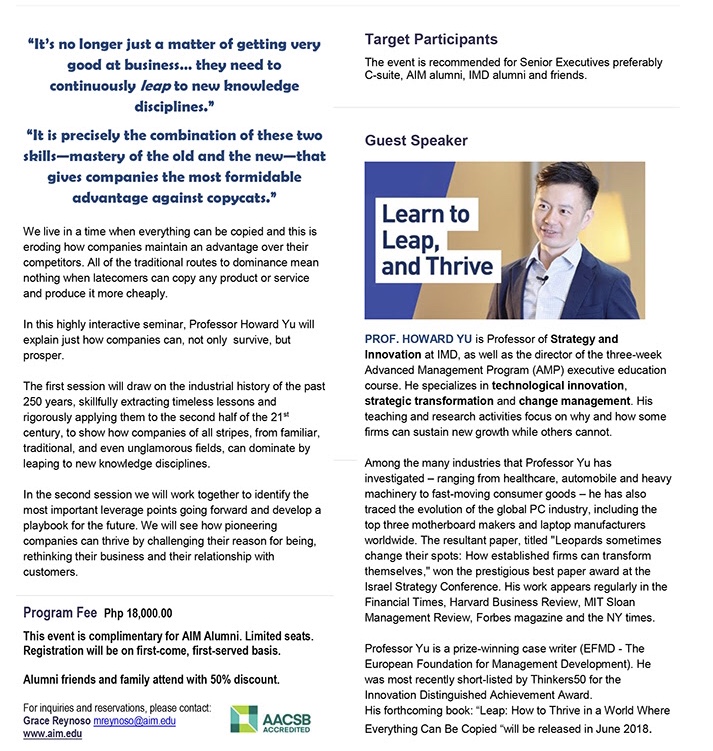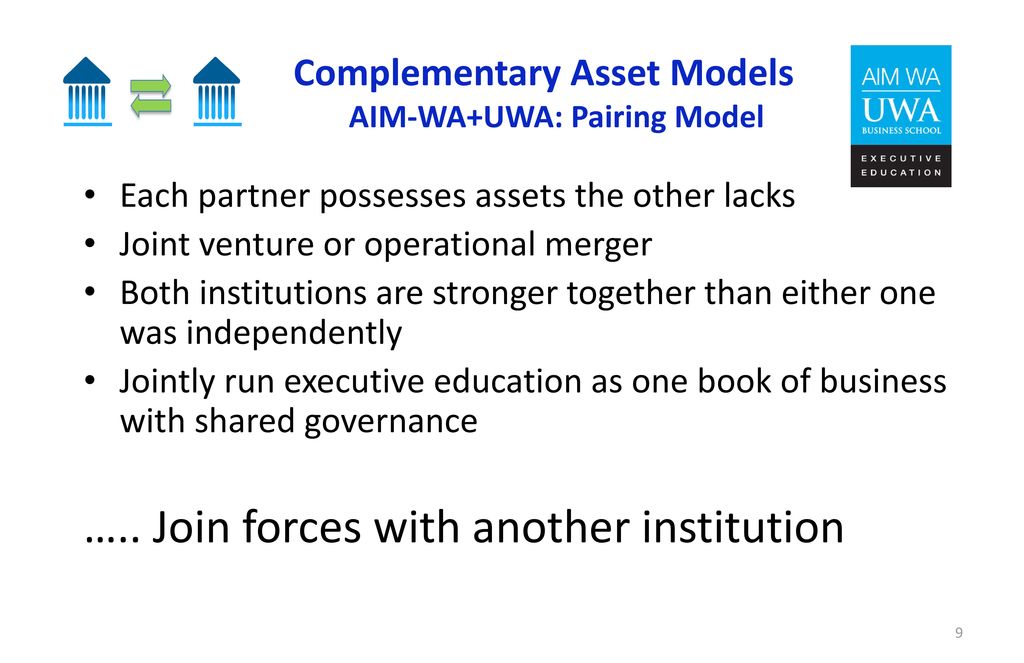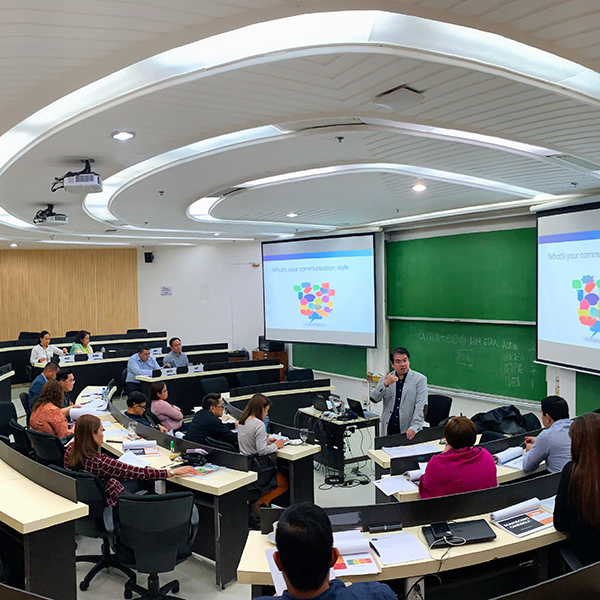

If we don’t inquire, then we have no impetus to do anything differently or to learn. Being curious and asking questions leads to change. It also helps us to get out of “automatic pilot”-where we passively allow the circumstances around us dictate our decisions. As a result, we become more innovative and creative. Inquiry helps us broaden our attention and see things we perhaps we wouldn’t otherwise see. We also notice what is going on for other people, and we become more aware of the dynamics of the relationship between ourselves and the people we work alongside. Inquiry involves taking a lively interest in what is going on for us and around us.Īs we develop our capacity for inquiry, we begin to notice what’s happening inside ourselves-our thoughts, feelings, sensations, and impulses- right now. This means they feel more seen, heard, and understood-and are more likely to support us.

We are then able to slow down enough to take account of another person’s needs and to empathize with their situation. The compassion side involves being kinder and more appreciative towards ourselves and others in the workplace. And as a result, your actions are more effective. Your actions are rooted in acknowledging the current reality of things.

With the wisdom side, you let what is the case be the case, instead of constantly railing against things you can’t change. It’s not about being passive or giving up-it’s about facing up to what is actually going on in each passing moment and using our energy more productively, rather than wasting it wishing things were different.Īllowing has two sides to it. Here’s how: AllowingĪllowing involves approaching a situation with an attitude of openness and kindness to ourselves and others.

Learning to AIM can help us build better relationships, make better decisions, and become more creative and innovative in the way we lead people. Meta-awareness – the ability to observe thoughts, feelings, sensations, and impulses as they are happening and to see them as temporary and not facts Inquiry – a curiosity about what is happening in the moment These three capacities are collectively referred to as AIM:Īllowing – an attitude of kindness and acceptance This is because consistent “mind time” helps us develop three key capacities, which support us in making better decisions, improving working relationships, and building resilience. They suggest that stepping off the treadmill and practicing mindfulness consistently-for as little as ten minutes a day-can make us happier, healthier, and improve our ability to deal with the challenges work throws at us. In a new book, Mind Time, Ashridge Executive Education professors Megan Reitz and Michael Chaskalson question whether the frantic pace of our working lives is actually making us less productive and having a detrimental impact on our ability to lead people effectively.


 0 kommentar(er)
0 kommentar(er)
